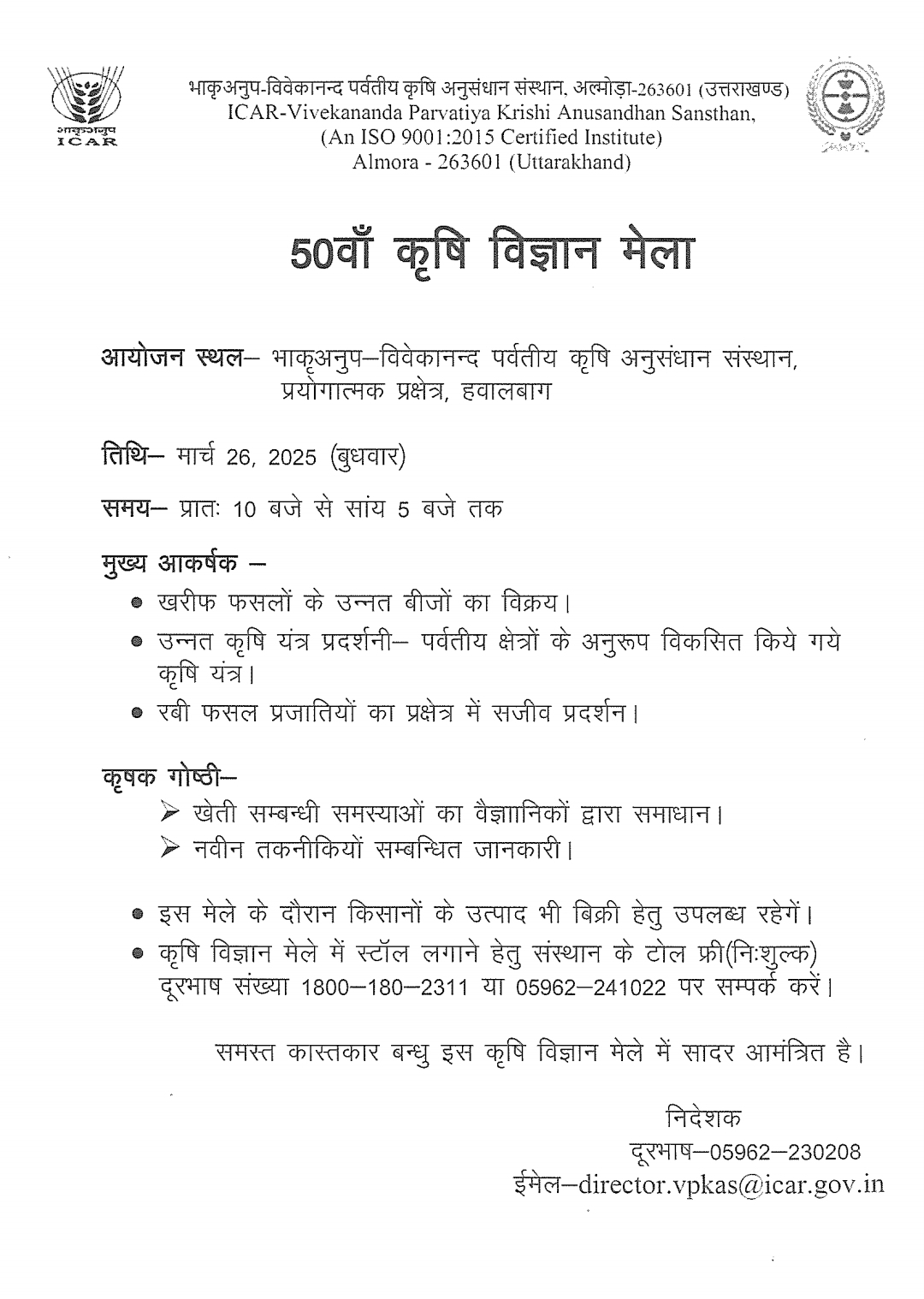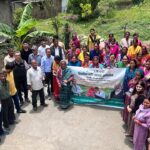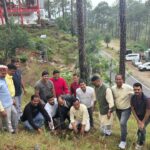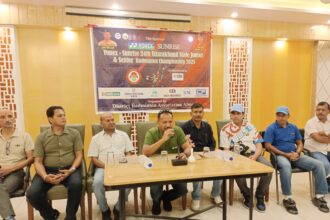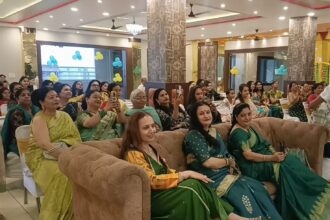Under ‘Viksit Krishi Sankalp Abhiyan’, Scientists Engage with 463 Farmers Across Almora and Chamoli
Almora:
As part of the ongoing Viksit Krishi Sankalp Abhiyan, a team of scientists from ICAR-Vivekananda Parvatiya Krishi Anusandhan Sansthan, Almora, led by Dr. Nirmal Kumar Hedaun, Head of the Crop Improvement Division, visited Baadikote village in Bhikiyasain block of Almora district. There, they interacted with progressive farmer Anand Singh, who has successfully shifted from traditional farming to sandalwood cultivation.
Singh shared that he has cultivated sandalwood over 8 to 10 nali (approximately 0.4–0.5 hectares) of land and earns an annual income of ₹7–8 lakhs from it. He explained that sandalwood is a parasitic plant that is not damaged by animals, making it a viable and profitable option for farmers in hilly regions.
On the seventh day of the campaign, the scientific team reached out to 463 farmers across 19 villages in four blocks of Almora and Chamoli districts. The scientists provided in-depth information on improved varieties and best practices for Kharif crops such as finger millet (madua), barnyard millet (madira), pulses, and vegetables.
Dr. K. K. Mishra educated farmers about integrated disease management, environmentally friendly farming techniques, and ways to reduce dependence on harmful pesticides by identifying crop diseases in time. He also highlighted beekeeping and mushroom cultivation as promising livelihood avenues for hill farmers.
Farmers were introduced to region-specific agricultural tools aimed at saving time and labor. Experts also discussed nursery management, seasonal crop planning, vegetable cultivation in polyhouses, crop rotation, and the use of bio-fertilizers for maintaining soil health and enhancing long-term productivity.
In Parsari and Merag villages of Chamoli district, the team engaged with 136 tribal farmers. The farmers received seeds of peas, coriander, radish, and cabbage, along with traditional “kilta” baskets and crates for post-harvest handling and transportation of fruits and vegetables.
Additionally, scientific literature on crops such as peas and kidney beans, pest management strategies, organic farming promotion, and market linkage advice was provided to farmers to support sustainable and profitable agriculture.
The campaign, led by Institute Director Dr. Lakshmikant, aims to spread scientific agricultural knowledge and departmental schemes to remote areas. Dr. Kushagra Joshi, the nodal officer of the campaign, emphasized that this initiative serves as a vital platform for mutual learning between scientists and farmers, promoting innovation in regional agriculture.
Sandalwood Farming Emerges as a New Source of Income, Scientists Promote Agricultural Innovation
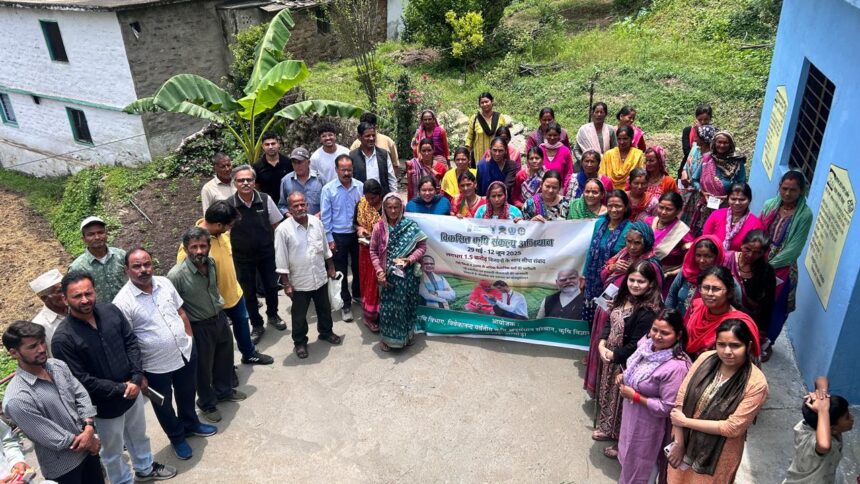
Leave a comment
Leave a comment




